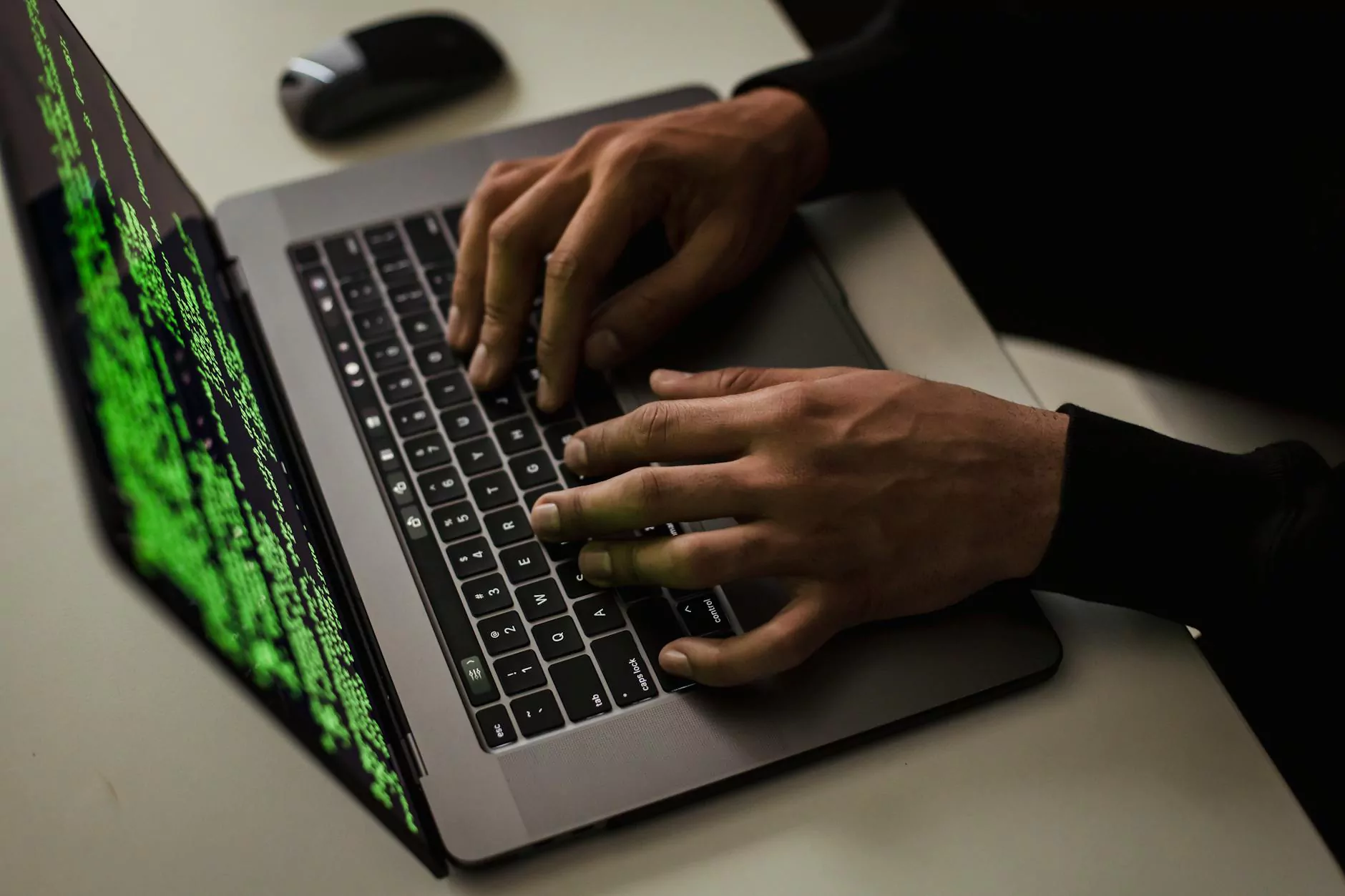Understanding the Market for Fake Texas Drivers License

The concept of a fake Texas drivers license evokes a myriad of discussions surrounding legality, necessity, and the intricate balance of demand and supply within specific markets. As we dive into this topic, we will explore the driving forces behind the interest in these documents, the associated legal implications, and the role of businesses that operate in financial and legal services as well as niche markets such as fuel docks.
What Is a Fake Texas Drivers License?
A fake Texas drivers license is an imitation of an official document issued by the Texas Department of Public Safety (DPS). These licenses are designed to replicate the appearance and information of a genuine license but are not issued by the authorized government agency. Usage of such documents is illegal and may lead to severe consequences, including fines and imprisonment.
Reasons for Seeking a Fake Texas Drivers License
The reasons some individuals may pursue a fake Texas drivers license can vary greatly, from the desire to circumvent age restrictions to fraudulent activities. Understanding these motivations can shed light on the broader implications and potential market surrounding fake identification services.
- Access to Restricted Areas: Individuals may seek fake IDs to access venues that have age restrictions, such as bars and clubs.
- Fraudulent Actions: Some may attempt to engage in illegal activities using a fake ID for personal gain.
- Financial Transactions: Fake IDs might be used in financial fraud, enabling users to open bank accounts or gain loans deceptively.
- Identity Representation: In some cases, individuals may exploit fake IDs to represent identities that do not belong to them.
The Legal Implications of Using a Fake Texas Drivers License
The use of a fake Texas drivers license carries significant legal risks. In Texas, as well as other states, the possession and use of counterfeit identification is a criminal offense. Legal action can range from misdemeanor charges to felonies, depending on the intent and the severity of the crime.
Potential Legal Consequences
Understanding the legal implications of using a fake ID is critical. The consequences may include:
- Criminal Charges: Being charged with fraudulent misrepresentation can result in criminal records.
- Fines: Monetary fines can be imposed, which vary based on the offense.
- Imprisonment: In severe cases, offenders may face time in jail or prison.
- Loss of Rights: A criminal record may impact future employment opportunities and civil rights.
The Role of Businesses in Financial and Legal Services
Businesses specializing in financial and legal services play an essential role in navigating the complexities associated with identification. They provide critical advice regarding the legal ramifications of using phony documents and may assist victims of identity theft.
How Financial Services Address These Issues
Companies involved in financial services are aware of the challenges posed by fake documentation. They often employ:
- Verification Processes: Institutions usually implement advanced procedures to validate customer identities before processing transactions.
- Fraud Detection Systems: Many utilize sophisticated software to detect and prevent fraudulent activities associated with fake documentation.
- Customer Education: Businesses often invest in educating their customers about the dangers and legal consequences of using fake IDs.
The Legal Services Sector's Influence
Legal service providers play a fundamental role in addressing cases involving misuse of fake IDs. Their responsibilities include:
- Legal Representation: Offering services to those accused of fraudulent activities involving fake IDs.
- Consultation Services: Advising victims of identity theft on their rights and potential remedies.
- Compliance Guidance: Helping businesses understand compliance requirements and assist in the creation of fraud-prevention policies.
The Fuel Docks Industry and Its Connection to Identification
Surprisingly, the fuel docks industry also intersects with issues surrounding fake identification. Fuel docks are often required to verify the identity of customers before dispensing fuel or providing certain services. In some scenarios, counterfeit licenses might be presented, leading to potential complications for fuel dock operators.
Challenges Faced by Fuel Docks
Operating a fuel dock involves several challenges related to customer verification. Some of these challenges include:
- Identity Verification: Ensuring that customers have valid identification, especially in high-volume locations.
- Fraud Prevention: Implementing policies to detect and avoid fraudulent transactions.
- Legal Compliance: Adhering to regulations that mandate proper identification for certain purchases, especially in bulk fueling.
Impact of Technology on Identification and Verification
In an evolving digital landscape, technology plays a significant role in both identification verification and the creation of fraudulent documents. Advances in technology offer both opportunities and challenges for businesses concerned with identification.
Technological Advancements
Current innovations include:
- Biometric Systems: Utilization of biometric data to verify identity, significantly reducing the risk of fraud.
- Blockchain Technology: Leveraging blockchain for secure and unalterable record-keeping of identities.
- AI Fraud Detection: Implementing artificial intelligence to analyze patterns and flag suspicious activities.
Alternatives to Fake IDs
For individuals needing identification for legitimate reasons, there are alternative solutions available that can mitigate the need for a fake Texas drivers license while still addressing accessibility issues.
Legitimate Identification Options
Alternatives to consider include:
- State Identification Cards: These are often available at lower costs and provide official identification.
- Renewing Expired IDs: Individuals should always look to renew any expired licenses collaboratively with state authorities.
- Temporary Permits: Many states offer temporary permits for individuals who need immediate identification.
Conclusion: The Comprehensive Landscape of Identification
In conclusion, the subject of a fake Texas drivers license unlocks a comprehensive look into the varying motivations behind the pursuit of such documents, the legal implications, and the extensive consequences experienced not just by individuals but also by businesses operating in financial, legal, and niche markets like fuel docks. As technology continues to evolve, so too does the landscape of identification verification. As consumers, businesses need to be vigilant and proactive to mitigate risks associated with fraudulent documentation and to encourage the use of legitimate identification options.
Understanding these dynamics is crucial for anyone looking to navigate the complex world of identification, fraud, and legal implications. The importance of engaging with authorized services and pursuing legitimate avenues for identification cannot be overstated. By fostering awareness and promoting education around these issues, we can help create a safer environment for all.









